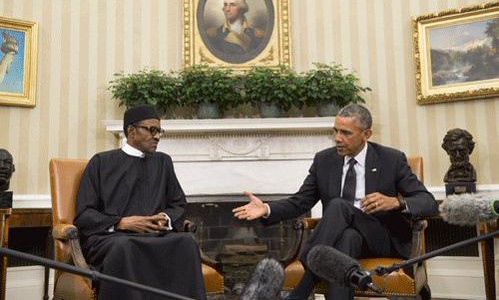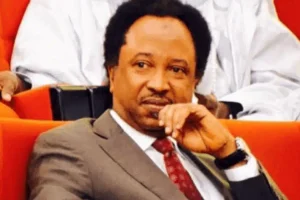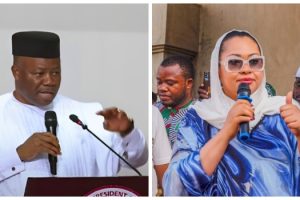
Recent reports have emerged alleging that the United States Agency for International Development (USAID) may have been indirectly financing terrorist organizations, including Boko Haram in Nigeria.
These assertions were made by U.S. Congressman Scott Perry, a Republican from Pennsylvania, during a congressional hearing held on February 13, 2025.
Congressman Perry claimed that USAID’s financial operations could have unintentionally benefited extremist groups around the world.
Boko Haram, Alleged Diversions
Boko Haram, a jihadist terrorist group in Nigeria, has been active since the early 2000s, causing widespread violence and displacement.
Some reports have suggested that aid meant for displaced persons in northeastern Nigeria might have been diverted to fund terrorist activities.
Critics argue that USAID funds, intended for humanitarian relief, could have been siphoned off by corrupt officials or intermediaries with links to Boko Haram.
This has led to accusations that USAID inadvertently supports terrorism.
Nigeria’s northeastern region, where Boko Haram is most active, is also one of the areas receiving significant humanitarian aid from USAID.
Reports have highlighted the challenges of ensuring that aid reaches its intended recipients in such volatile environments. There are fears that aid could be intercepted by terrorist groups or used to exert control over local populations.
In 2019, a report by the Global Terrorism Index noted that terrorist groups often exploit humanitarian crises to gain resources and legitimacy. While not directly accusing USAID, the report raised questions about the effectiveness of aid delivery mechanisms in such contexts.
Also, in 2017, a report by the Center for Global Development highlighted the risks of aid diversion in conflict zones, noting that terrorist groups often exploit weak governance structures to access resources. While the report did not single out USAID, it underscored the broader challenges of delivering aid in such environments.
The allegations have also prompted reactions within Nigeria.
Ndume’s Call For Thorough Investigation
Recently, the lawmaker representing Borno South Senatorial District, Senator Ali Ndume, called for a thorough investigation into USAID’s operations in the country.
Expressing concerns over the agency’s activities, Ndume stated, “The operations of the United States Agency for International Development in Nigeria are suspicious.”
He emphasized the need for transparency and oversight to ensure that aid funds are not misappropriated.
Reacting to the allegation during an interview on Channels Television’s Politics Today on Sunday, Ndume lamented over the devastating impact of Boko Haram in the country.
Boko Haram has ravaged not only the North-East but even Nigeria as a whole. You can remember how Boko Haram bombed the police headquarters and the UN office in Abuja. The casualties were enormous. But the security agencies have raised this issue indirectly several times. Even the Borno State government was wary of the operations of some NGOs,” Ndume stated.
He recalled a past security operation where an NGO was allegedly caught training individuals on how to use firearms.
NSA Summons Security Officials
In light of these concerns, the Nigerian Senate has summoned key security officials, including the National Security Adviser, Nuhu Ribadu, and the heads of the National Intelligence Agency and the Defense Intelligence Agency, to address the allegations in a closed-door session.
This move underscores the seriousness with which Nigerian authorities are treating the claims and their commitment to ensuring that all foreign aid is used appropriately.
While the U.S. government has firmly denied the allegations, the situation highlights the importance of vigilance and robust monitoring mechanisms in the administration of international aid. Both Nigerian and U.S. authorities have expressed a shared commitment to collaborate closely, ensuring that assistance reaches its intended beneficiaries and does not inadvertently support activities that could undermine peace and security.
As investigations continue, it remains crucial for all stakeholders to base their actions on verified information, maintaining the integrity of aid programs designed to support vulnerable populations and promote stability in regions affected by terrorism.





